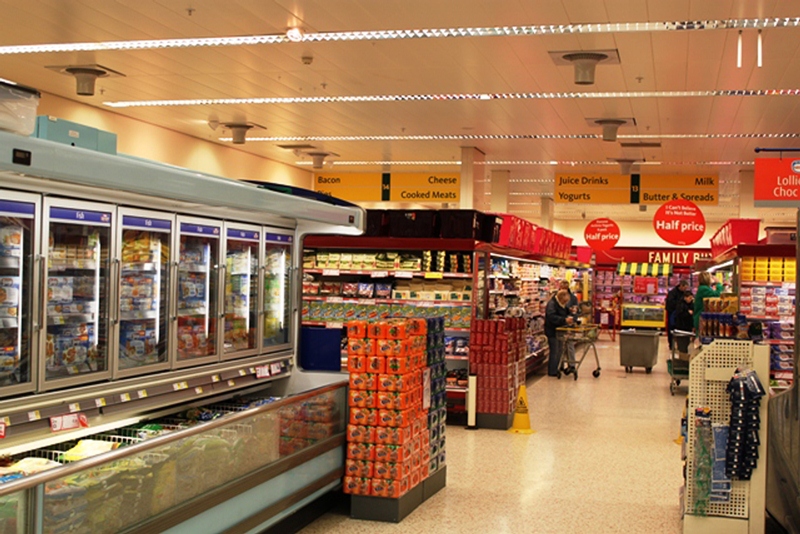
British shop prices saw their steepest decline in over three years this October, but upcoming budget measures from Finance Minister Rachel Reeves may risk reigniting inflation, the British Retail
Consortium (BRC) reported on Tuesday.
According to the BRC, annual shop price deflation dropped to 0.8% in the year to October, marking the weakest rate since August 2021 and a more significant decrease than September's 0.6% dip. This represents the eighth decline in price growth over the past nine months.
Food prices rose by 1.9%, while non-food items maintained a deflation rate of 2.1%. Meanwhile, clothing prices increased for the first time since January as retailers scaled back heavy discounts.
"Households will welcome the continued easing of price inflation," said Helen Dickinson, BRC’s chief executive. "However, this downward trend faces challenges from geopolitical tensions, climate-related disruptions to food supply, and the financial impact of upcoming government regulations."
Reeves’ anticipated budget announcement on Wednesday is expected to include an increase in employers' social security contributions, which has raised concerns among some businesses wary of additional labor reforms aimed at strengthening worker protections.
“Retail is already bearing a disproportionate tax burden compared to other sectors,” Dickinson noted, urging Reeves to lower the business rates tax on retailers.
Official data showed that consumer price inflation fell to 1.9% in September, a marked drop from the 41-year high of 11.1% recorded in October 2022. The Bank of England is expected to respond by cutting interest rates in November, which would be only the second rate reduction in four years. Photo by Whittle100, Wikimedia commons.




































